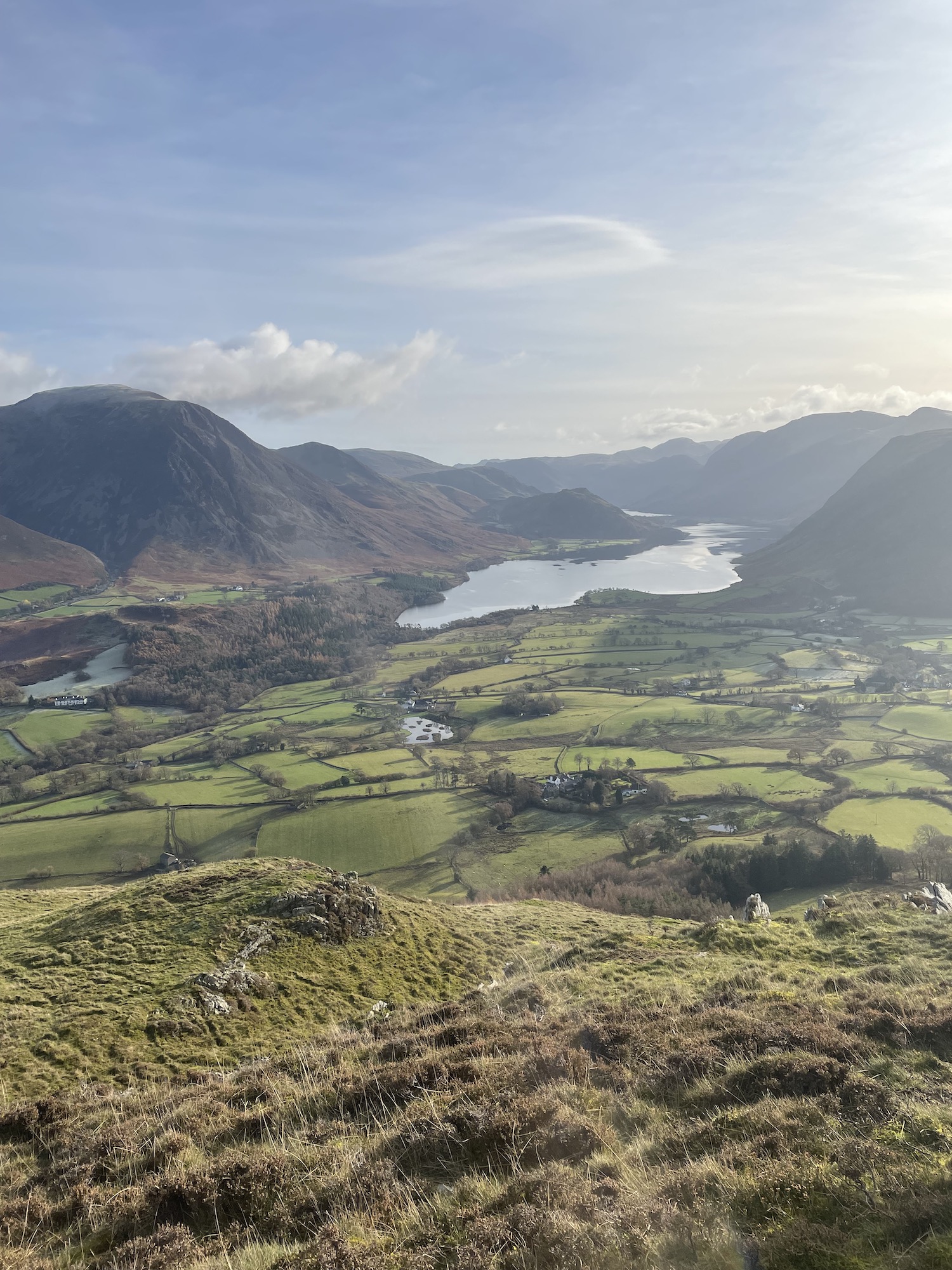‘Sustainability’ is a term that is now talked about in every boardroom and within every annual report. In our marketing context, it finds its way to near every website, too.
And let’s be clear; I’m ‘team sustainability’ all of the way!
Everybody is responsible for preserving our world and treating the people within it in a respectful way. We’re long overdue for this to take centre stage, but, and it’s a big but – it has to mean something. It has to be more than a marketing message, more than a means to greater profit. I wholeheartedly believe it should be discussed in every boardroom, but let’s make sure that it also goes beyond it.
So, ‘sustainability’. What does it actually mean? It feels like everyone has their own definition and brands can use it to serve their own purposes. Despite all this, at its core:
‘Sustainability’ means doing business without negatively impacting the environment, community or society as a whole.
The boardroom discussion is often one of shared value. A company wants to do well, and they can do well by doing good. And that’s not inherently wrong – we’re all trying to succeed. The problem arises when one is only there to serve the other, when ‘do well’ is the ultimate objective, with ‘do good’ merely being an approach to meeting that goal.
It doesn’t get embedded into the company ethos or instil any intrinsic motivation. And now, consumers, the intelligent, discerning, attentive bunch that they are, can see through it.
Nestlé’s commitment to sustainability
There are many companies built on sustainability – Toms, Patagonia, and The Body Shop, among others, but what about the companies who have pivoted to sustainability, rather than built their entire brand around it? I see Nestle as a good example here (not only because they’re the maker of Smarties, which I desperately miss now living in the UK!). They are aiming for that middle zone, believing that ‘products that are right for consumers and right for the planet are increasingly desirable and make for good business’. One reinforces the other.
Their purpose is to ‘unlock the power of food to enhance quality of life for everyone, today and for generations to come’. By 2030, they aim to:
- Help 50 million children lead healthier lives
- Improve 30 million livelihoods in communities directly connected to their business activities
And by 2050, they are aiming for zero environmental impact in their operations.
Each goal has a comprehensive plan of action, from investing in plant-based alternatives to the way they support their team. It’s not that you see these actions as the headline for every ad. They’re open about seeing this as a profitable way of doing business, but they’re seeing this as their overall business model, intrinsic to their internal values, not just their marketing plan. They seem to be doing this genuinely and openly, for which I have to say, job well done!
Source: Nestle 2021 annual report
But what about us?
We don’t all have the multi-billion budgets of Nestle or the other giants of the world. Arguably, that could make this easier. While we don’t have the same expenditure, we also don’t have the complex supply chains, the hundreds of thousands of employees, the board of stakeholders.
In our own worlds, using our own resources, we get to think about how we can make our businesses sustainable, doing both ‘well’ and ‘good’. We get to integrate this into our value systems, thinking about actions far before we think about words.
It’s time to consider your environmental impact, your interactions with your suppliers, your selection and quality of business partnerships, the messages you put out into the world, the promises you make and the values you uphold. Think about your genuine commitments and your actionable promises. When you think about sustainability, think about the environment and society and your impact on them. How can you make this better?
If you have any questions about how to do this within your marketing, let me know! I’m happy to chat this through with you.
Let’s do both well and good, together.

+ show Comments
- Hide Comments
COMMENT